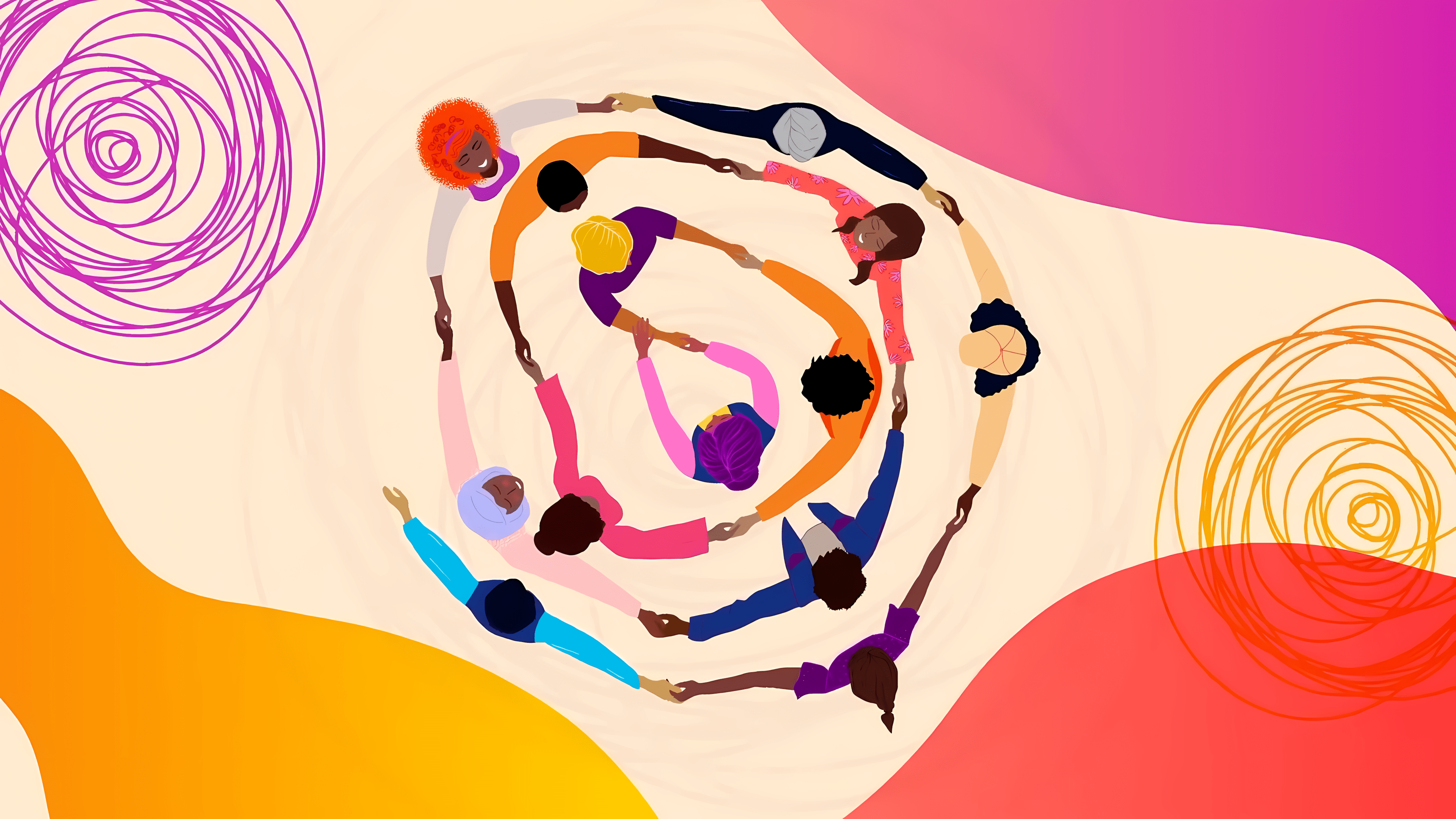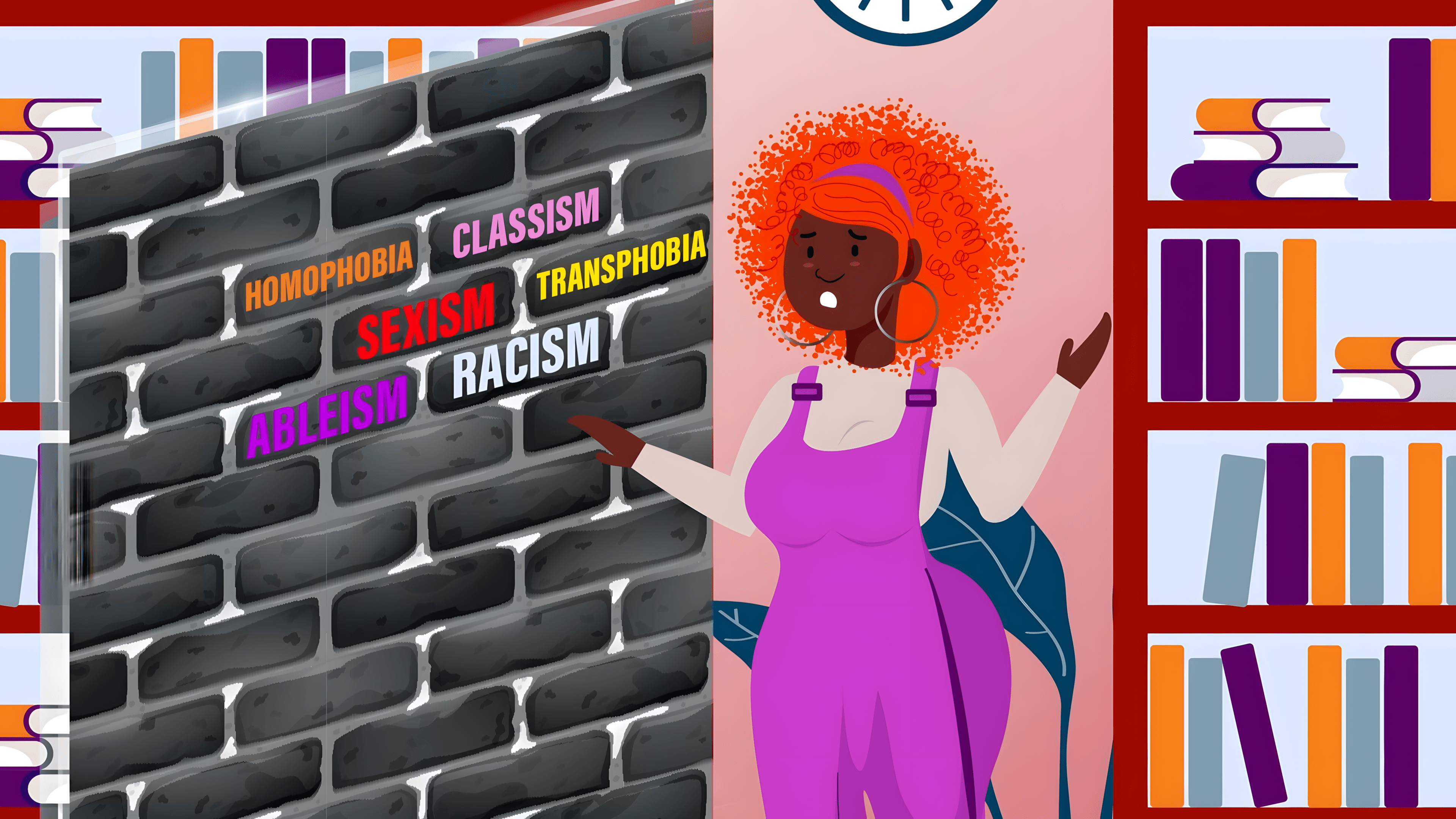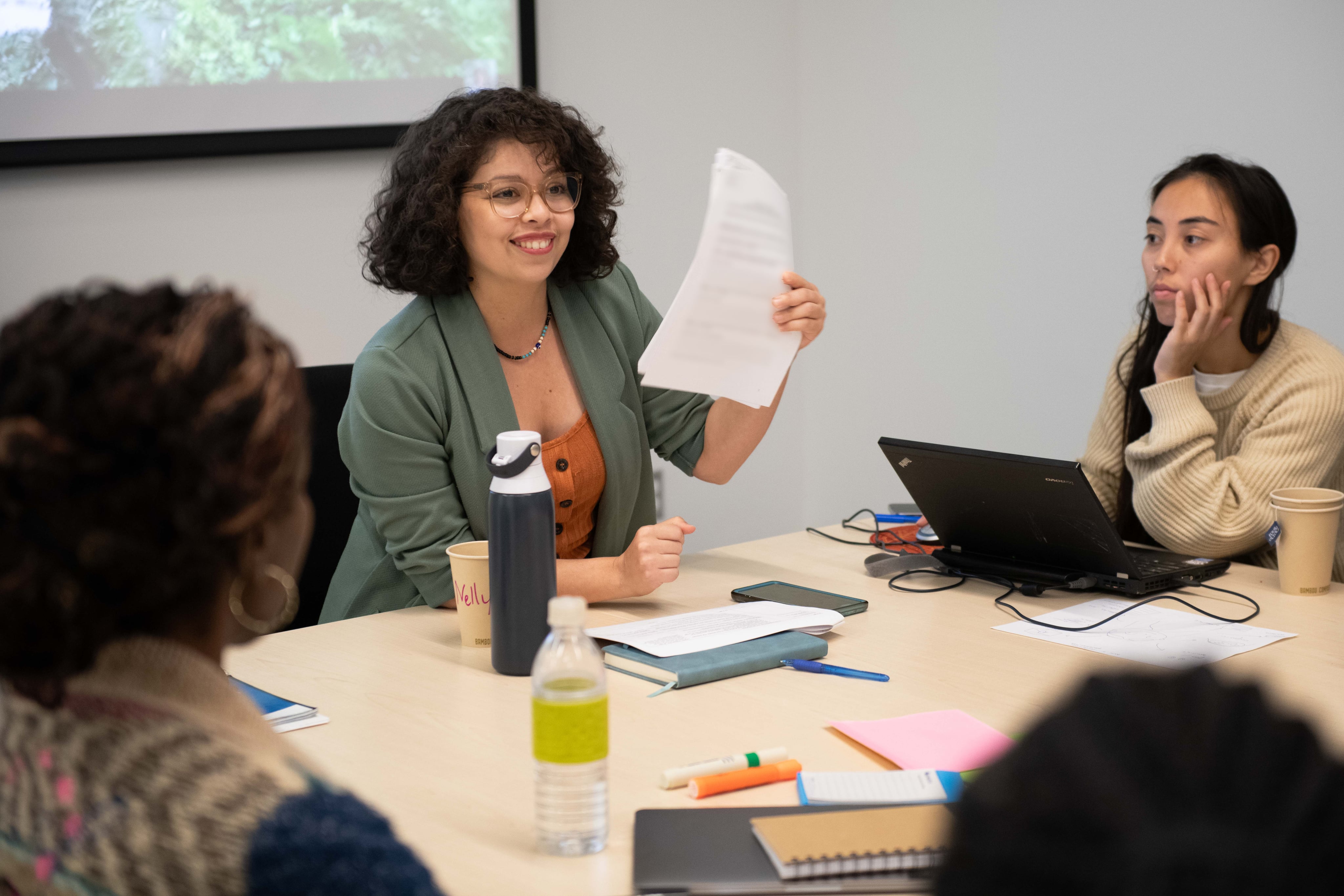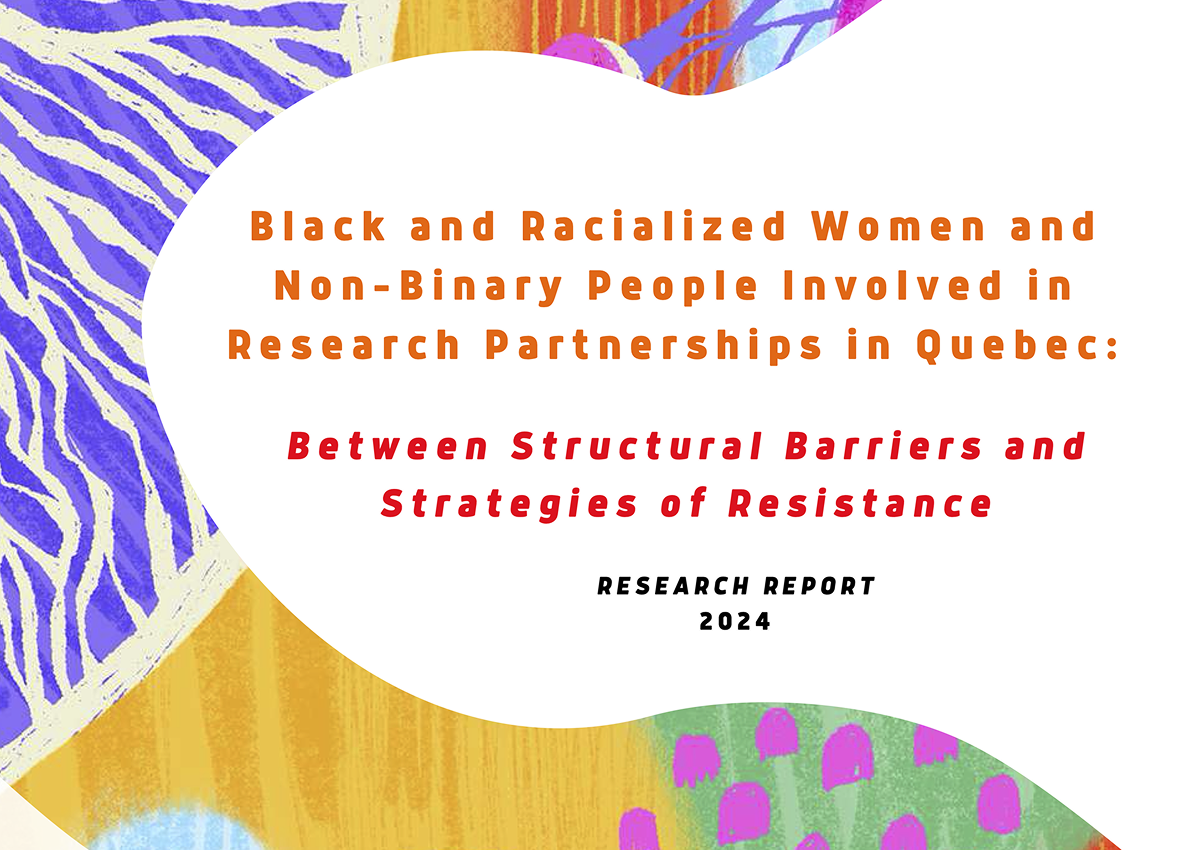The Protective Power of Joy and Confidence
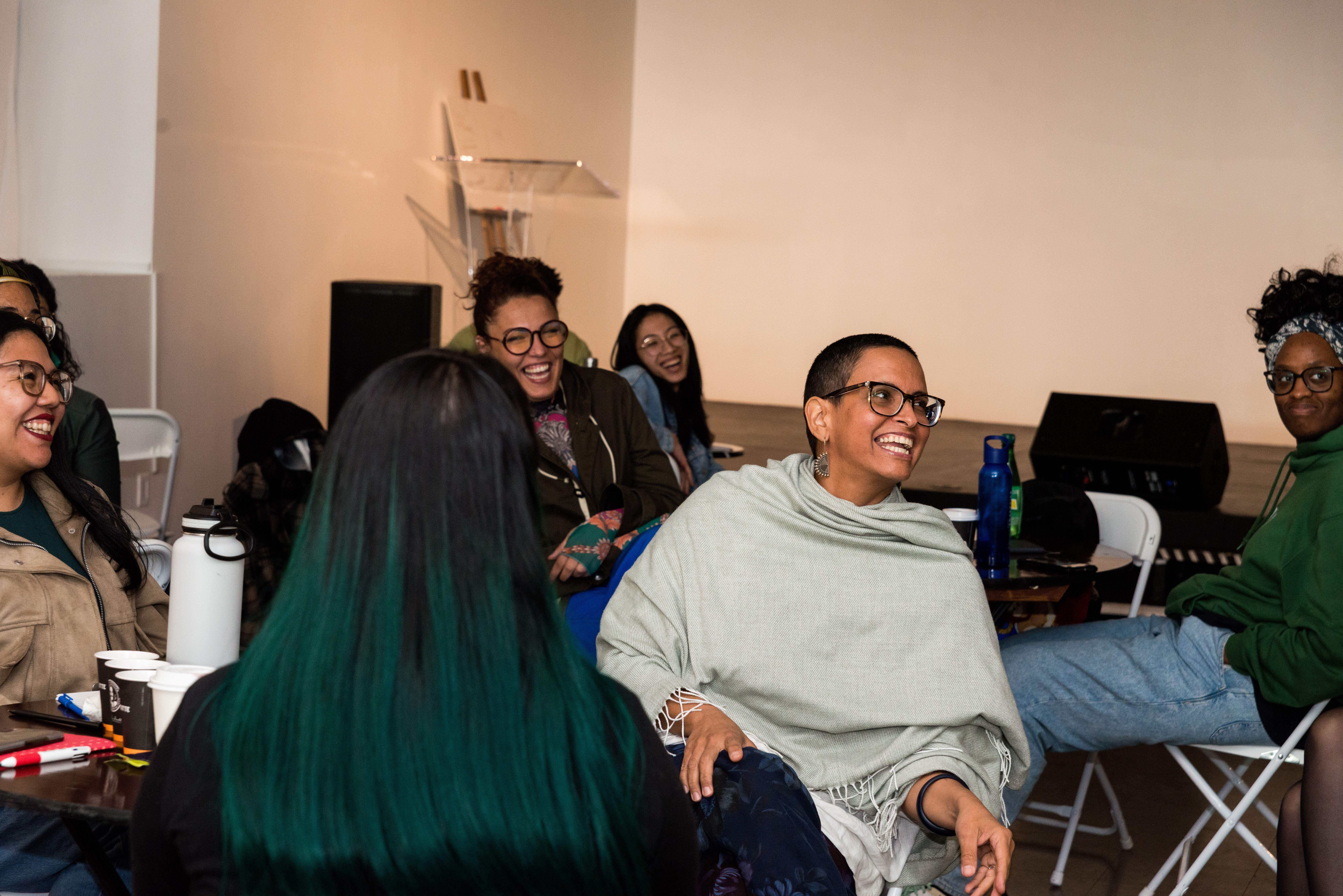
We often focus on what must be resisted—but speak less about what sustains us. And yet, in the personal and professional journeys of Black and racialized women and people with marginalized gender identities navigating hostile environments, it is sometimes joy that offers the most powerful protection. A clear-eyed, chosen joy—one that acts as a shield.
In spaces where we’re expected to be resilient and brilliant yet humble, efficient yet invisible, nurturing self-confidence and self-love becomes a radical act. As Marie Dasylva reminded us during a talk hosted by the PARR project: “Humility won’t help us in structures that are ready to forget who we are, deny us, and refuse to see us as producers of knowledge.” In environments that demand our labour while erasing our intellectual contributions, reclaiming the right to define ourselves becomes essential.
Redefining Ourselves on Our Own Terms
Imposter syndrome is everywhere. In academic spaces, it’s intensified by elitist norms and compounded by biases around class, race, language, and gender. This feeling of illegitimacy becomes a tool—intentional or not—that institutions wield to make us doubt our instincts, abilities, and chosen paths. As one participant shared in the PARR research report: “You feel like you’re going to be judged, like you’re not good enough. It’s hard when you’re a student—it’s hard to trust yourself, to say, ‘yeah, what I’m doing is okay,’ and then to be told that maybe this isn’t for you because it’s just too demanding… You second-guess yourself a lot, and you’re not sure if you’re doing it the right way.”
In the face of this widespread and painful experience, it becomes essential to define success on our own terms. What are your criteria? What does a realistic goal look like, given your actual resources? Whose feedback truly matters to you? These questions help us stay grounded and build on a strong foundation.
Rethinking Excellence
What if we stopped subscribing to their standards? What if we redefined excellence—not as publication, performance, eloquence, or the approval of those in power—but as something grounded in our own values? What if we gave ourselves permission to fail, without letting it erode our sense of worth? Failure doesn’t mean we don’t belong. It’s a step, a detour—sometimes even a crack that lets something new emerge.
Giving Ourselves Permission to Be Unproductive
Relearning how to exist outside of constant striving and self-justification is a path to healing. You have the right to do what feeds you, even if it serves no clear objective. You have the right to laugh, to paint, to garden, to be still, to be bored. Capitalism wants your time to be monetized. Oppression wants you drained.
In moments of discouragement, joy is a fragile yet resilient thread. It’s not a luxury—it’s a necessity. It’s what endures when everything else falters, what binds us when we come together, what reminds us that our lives are so much richer than what’s being offered.
Some Practical Ways to Nurture Confidence and Joy
- Define your own markers of success. Refuse to let institutional recognition be your only measure.
- Own your knowledge. If you know something, claim it. You don’t need to apologize for knowing—you’ve earned it.
- Reach out for support. The idea of total independence is an individualist myth. You have the right to falter—and to be held, just as you’ve held others.
- Speak to yourself with care. Words carry weight. Swap out “I was offered this job” for “I got this job.” It wasn’t a gift—you earned it, and you’re equipped to do it.
- Commit to self-care… Feed your inner life. Whether it’s therapy, prayer, time in nature, or a creative practice—return to what grounds you.
- …and community care. This can’t be said enough: our paths aren’t meant to be walked alone. Uplifting one another, affirming our lived experiences, and making space for rest and care among peers are all powerful forms of resistance. Our strength—and our joy—grow through these connections.
You are not defined by what is done to you. You are not what others project onto you. You are what you create, despite all that stands in your way—what you choose to hold onto within yourself. Cultivating your joy, nurturing your confidence, and breaking free from the demands of usefulness and productivity may seem like personal acts, but they are profoundly political.
Some excerpts are drawn from testimonies in the PSRR report or from the reflective card game. These have been adapted and anonymized for outreach purposes.
Promotion des actrices racisées en recherche (PARR). (2024). Strategies in bloom: Cultivate your well-being in collaborative research (Reflective card deck - English version). A tool for raising awareness and self-reflection, based on the testimonials and transformation ideas shared as part of the PARR project.
The definition of epistemic injustice is taken from the PARR report, which quotes Godrie, B., Desrosières, E., & al. (2020). Les injustices épistémiques : vers une reconnaissance des savoirs marginalisés.



